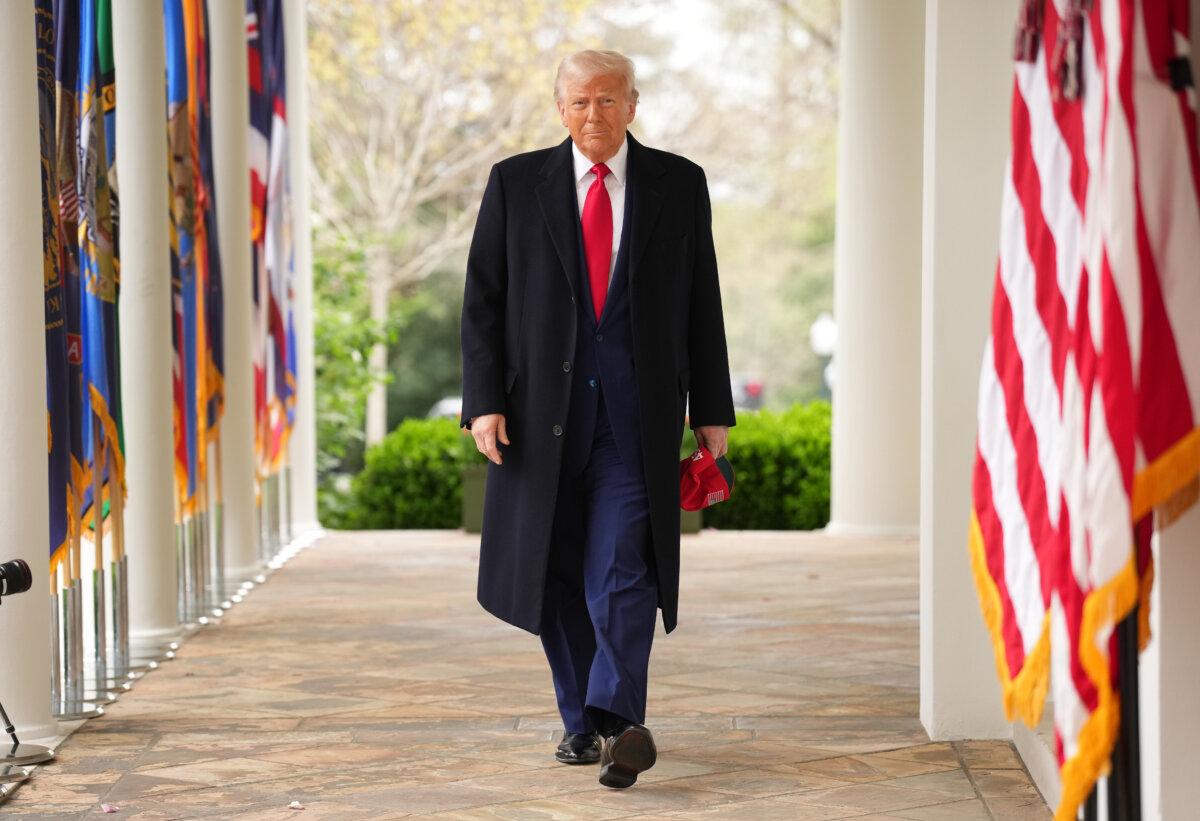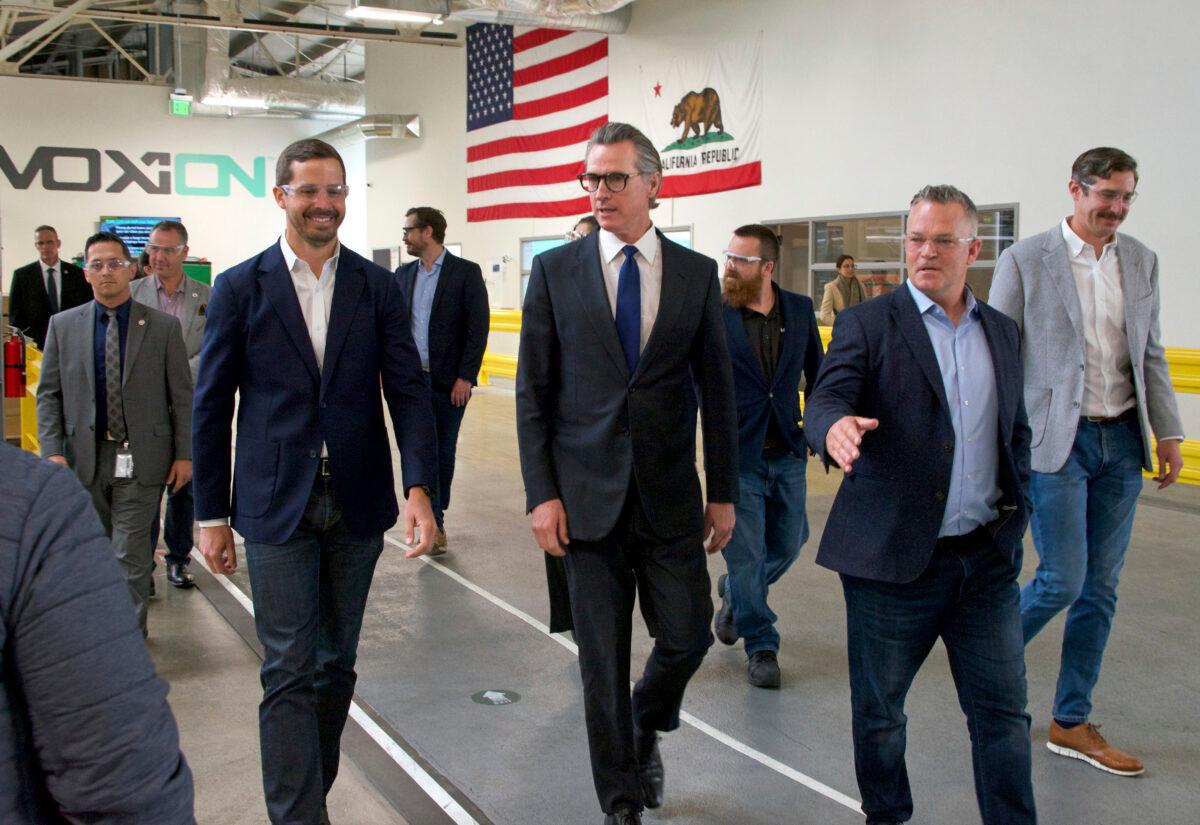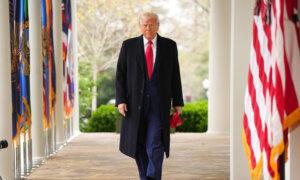The White House pushes back against Gov. Gavin Newsom’s announcement.
The second-term governor came out swinging against the trade tariffs President Donald Trump implemented on Wednesday.
“Trump’s tariffs do not represent all Americans, particularly those that I represent here in the fifth largest economy in the world—the state of California,” Newsom said in a video released Friday. “We value international trade. We value our manufacturing base.”
White House spokesman Kush Desai said Newsom should concentrate on the state’s other issues instead.
“Gavin Newsom should focus on out-of-control homelessness, crime, regulations, and unaffordability in California instead of trying his hand at international dealmaking,” Desai told The Epoch Times in an email.
“The economy and oil demand are inextricably linked,” Angie Gildea, KPMG U.S. energy leader, told Reuters.
“Markets are still digesting tariffs, but the combination of increased oil production and a weaker global economic outlook puts downward pressure on oil prices—potentially marking a new chapter in a volatile market.”
According to Newsom, over 40 percent of California’s imported goods come from Mexico, Canada, and China—equating to about $203 billion of the more than $491 billion the state imported last year.

President Donald Trump arrives to speak at a “Make America Wealthy Again” trade announcement event in the Rose Garden at the White House on April 2, 2025. Andrew Harnik/Getty Images
The Democratic governor said the tariffs will also affect access to construction materials critical to rebuilding parts of Los Angeles County after devastating fires destroyed thousands of homes and businesses in January.
California is the largest contributor to the United States’ manufacturing output, representing nearly 15 percent of all goods and services produced in the nation, according to independent economic research firm Beacon Economics’ 2022 report.
“We look forward to continue to strengthen those ties, strengthen those bonds,” Newsom said. “I remind all of our international trading partners California is a stable trading partner, and we hope you consider that when it relates to California-made products.”
Newsom’s administration stated it will explore ways to support job creation and innovation in cross-border trade.
The governor said he also hopes to promote economic stability for businesses and workers impacted by federal trade disruptions and safeguard access to critical supplies, such as construction materials.
California has over 36,000 manufacturing firms and employs over 1.1 million Californians in manufacturing, according to Newsom’s office.

Gov. Gavin Newsom (C) walks with MOXION employees in Richmond, Calif., on May 25, 2023. Sheila Fitzgerald/California Governor’s Office via AP
The governor also said the tariffs would disrupt cross-border supply chains, including co-production in the California-Baja region, with the costs expected to be passed along to consumers.
California has signed 38 international agreements with 28 different foreign partners, according to the governor’s office.
“By virtually any measure, California would be a global powerhouse except for two fundamental constraints: it lacks many of the legal attributes and policy instruments of a nation-state, and the U.S. Constitution expressly reserves for the federal government responsibility for the conduct of foreign affairs,” according to the professors.
Original News Source Link – Epoch Times
Running For Office? Conservative Campaign Consulting – Election Day Strategies!


